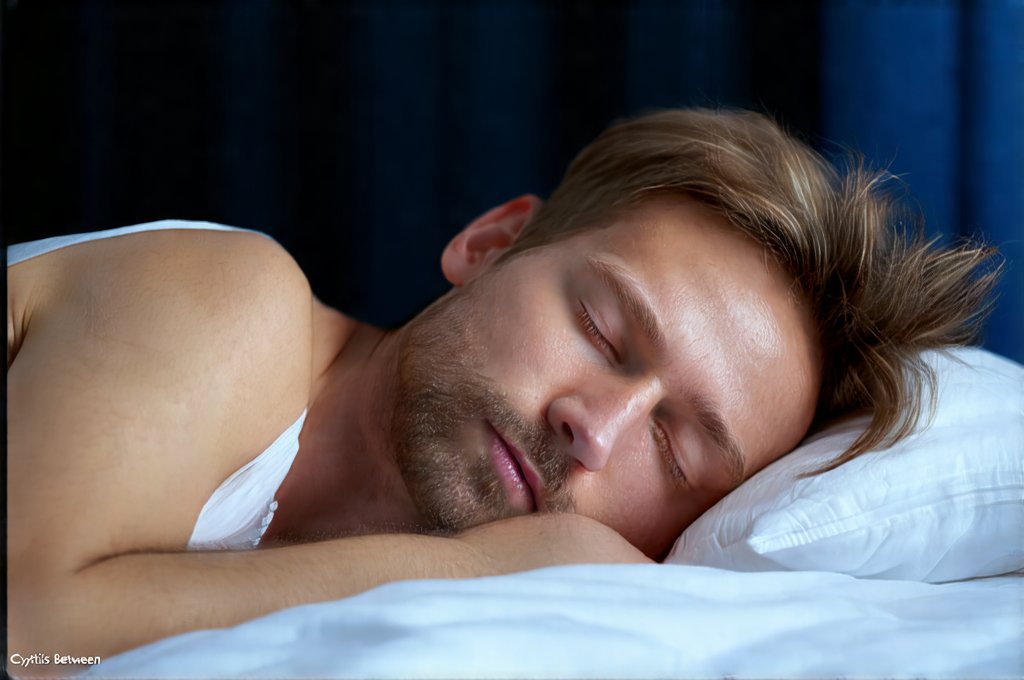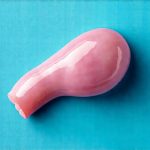Sleep is a fundamental pillar of health, often underestimated in its profound influence over our bodies. We tend to focus on sleep’s impact on energy levels, cognitive function, and mood – all crucial aspects of daily life. However, the intricate connection between sleep and seemingly unrelated bodily systems, like the urinary system, is becoming increasingly recognized. For many individuals experiencing chronic bladder issues, such as interstitial cystitis or overactive bladder (OAB), a disruptive night’s sleep isn’t just an inconvenience; it can be a significant trigger for flare-ups and worsen overall symptoms. This bidirectional relationship – where sleep disturbances exacerbate bladder problems, and bladder symptoms interfere with sleep – is complex but deeply impactful for quality of life.
Understanding this connection requires acknowledging the interplay between the nervous system, hormonal regulation, and inflammatory responses within the body. During sleep, our bodies engage in restorative processes, including the modulation of pain perception, immune function, and the release of hormones that regulate bladder control. When sleep is compromised, these systems become dysregulated, creating a fertile ground for bladder flares and increased urinary frequency or urgency. This article will delve into the specific mechanisms linking sleep and bladder health, exploring how improving sleep hygiene can potentially alleviate symptoms and enhance overall well-being for those living with chronic bladder conditions.
The Neurophysiological Link: How Sleep Impacts Bladder Control
The brain plays a central role in regulating bladder function, controlling both voluntary and involuntary urination. During sleep, particularly during REM sleep, there’s typically a suppression of urinary output – we instinctively don’t wake up to pee every few hours. This is because the nervous system shifts into a different mode, prioritizing restorative processes over immediate physiological needs. However, when sleep is fragmented or insufficient, this natural suppression mechanism can be disrupted. A stressed and overworked nervous system doesn’t have the resources to effectively manage bladder signals, leading to increased frequency of urination even during sleep – nocturia – and potentially triggering daytime urgency as well.
This disruption isn’t just about neurological control; it’s also linked to changes in hormone levels. Melatonin, a hormone primarily associated with sleep regulation, has been shown to have protective effects on the bladder lining. Reduced melatonin production due to poor sleep can weaken this protection and increase vulnerability to inflammation, potentially exacerbating symptoms of conditions like interstitial cystitis. Furthermore, cortisol, the stress hormone, tends to be elevated in individuals experiencing chronic pain or discomfort, including bladder flares. Sleep deprivation further amplifies cortisol levels, creating a vicious cycle of increased stress, heightened bladder sensitivity, and disrupted sleep.
Finally, consider the role of the autonomic nervous system, which governs involuntary functions like heart rate, digestion, and – crucially – bladder control. Sleep disturbances can throw this system off balance, leading to an overactive sympathetic nervous system (the “fight-or-flight” response) and a diminished parasympathetic nervous system (responsible for “rest and digest”). This imbalance can result in increased bladder contractions and heightened sensitivity, contributing to the symptoms of OAB or IC. Understanding the link between estrogen and bladder health is also crucial for many patients.
The Inflammation Connection: Sleep, Immunity & Bladder Flares
Chronic inflammation is frequently implicated in many bladder conditions, particularly interstitial cystitis. It’s believed that a persistently inflamed bladder lining leads to pain, urgency, and frequency. While the exact causes of inflammation are complex and vary between individuals, sleep deprivation significantly contributes to systemic inflammation within the body. During sleep, the immune system releases cytokines – signaling molecules that help regulate inflammation. However, when sleep is insufficient or disrupted, this process becomes impaired, leading to an overproduction of pro-inflammatory cytokines and a weakened ability to resolve inflammation effectively.
This elevated inflammatory state doesn’t just affect the bladder; it impacts the entire body. However, the bladder, with its delicate lining and sensitive nerve endings, seems particularly vulnerable to these effects. Studies have shown that individuals with chronic pain conditions, including those affecting the bladder, often experience worse symptoms during periods of heightened inflammation. Poor sleep exacerbates this cycle, creating a feedback loop where inflammation leads to disrupted sleep, which then further fuels inflammation.
Moreover, the gut microbiome – the community of microorganisms living in our digestive tract – plays a crucial role in regulating both immune function and inflammation. Sleep disturbances can negatively impact the composition of the gut microbiome, reducing beneficial bacteria and increasing harmful ones, leading to increased intestinal permeability (“leaky gut”) and systemic inflammation. This, in turn, can further worsen bladder symptoms. It’s important to consider what is the link between IBS and UTIs as well.
Identifying Your Personal Sleep-Bladder Connection
Understanding how your sleep impacts your bladder is the first step towards managing flare-ups. – Keep a sleep diary for at least two weeks, noting bedtime, wake-up time, number of awakenings, and overall sleep quality (scale of 1-5). – Simultaneously track your bladder symptoms: frequency, urgency, pain levels, and any associated factors like diet or stress. – Look for patterns and correlations between poor sleep nights and increased bladder symptoms. Did a particularly restless night precede a flare-up? Does improved sleep correlate with reduced symptoms? This self-monitoring can provide valuable insights into your personal triggers.
Beyond tracking, consider seeking professional evaluation. A urologist or pelvic floor therapist can help rule out other underlying causes of bladder problems and assess the role of sleep in your specific condition. They may recommend specialized testing to evaluate bladder function and identify potential contributing factors. Remember that everyone is different; what works for one person might not work for another, so personalized strategies are key. Many patients also benefit from understanding the link between urine and gout.
Strategies for Improving Sleep Hygiene
Improving sleep hygiene involves creating a bedtime routine and environment conducive to restful sleep. – Establish a regular sleep schedule: Go to bed and wake up around the same time each day, even on weekends, to regulate your body’s natural sleep-wake cycle (circadian rhythm). – Create a relaxing bedtime ritual: This could include taking a warm bath, reading a book, listening to calming music, or practicing meditation. – Optimize your sleep environment: Ensure your bedroom is dark, quiet, and cool. Invest in blackout curtains, earplugs, or a white noise machine if needed. – Limit screen time before bed: The blue light emitted from electronic devices can interfere with melatonin production. Avoid using phones, tablets, or computers for at least an hour before bedtime. – Avoid caffeine and alcohol before bed: These substances can disrupt sleep patterns.
Addressing Underlying Sleep Disorders
Sometimes, poor sleep isn’t simply a matter of bad habits; it could be indicative of an underlying sleep disorder like insomnia, sleep apnea, or restless legs syndrome. – Insomnia is characterized by difficulty falling asleep or staying asleep. Cognitive Behavioral Therapy for Insomnia (CBT-I) is a highly effective treatment option that focuses on changing thoughts and behaviors that contribute to sleep problems. – Sleep apnea involves pauses in breathing during sleep, leading to fragmented sleep and daytime fatigue. A sleep study can diagnose sleep apnea, and treatment options include continuous positive airway pressure (CPAP) therapy or lifestyle modifications. – Restless legs syndrome causes an irresistible urge to move the legs, often disrupting sleep. Medications and lifestyle changes can help manage symptoms. If you suspect you have a sleep disorder, it’s essential to consult with a healthcare professional for proper diagnosis and treatment. Many women find themselves asking what’s the link between PCOS and bladder issues?





















